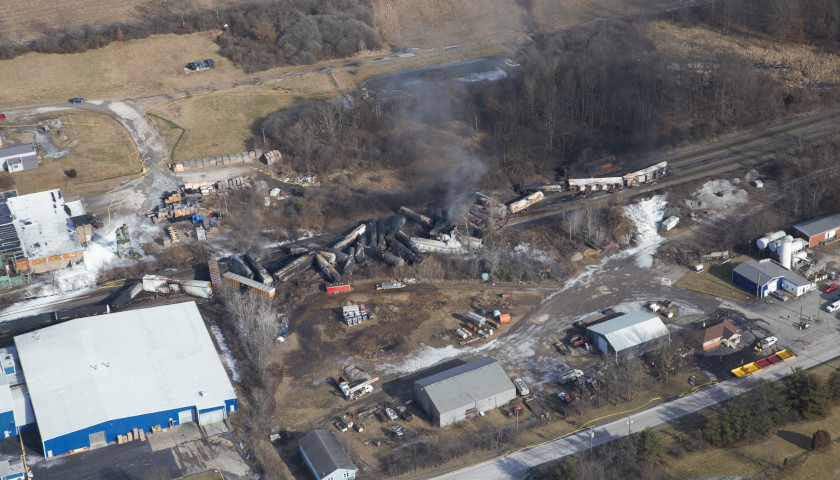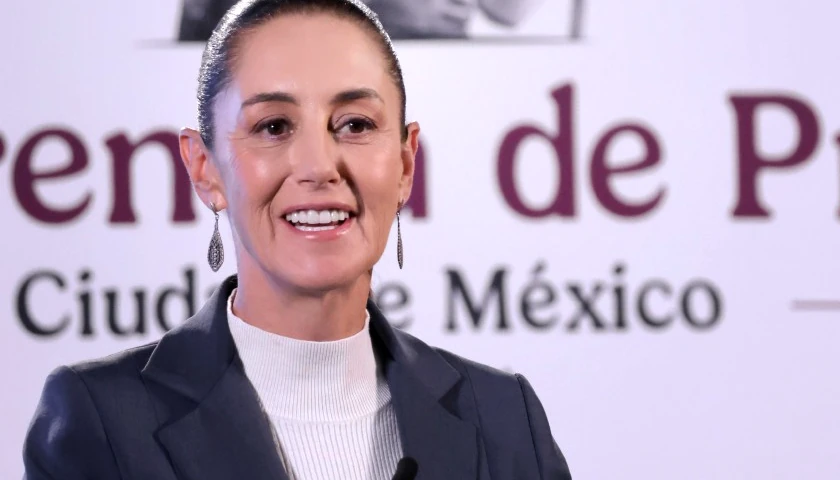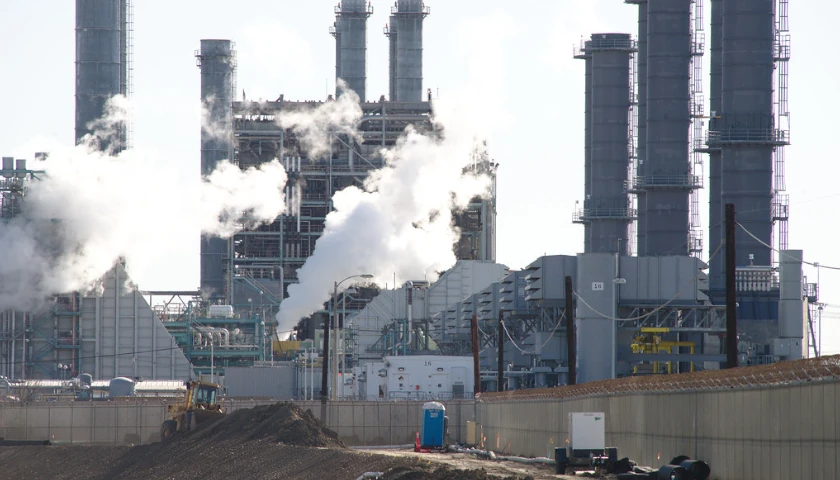by Natalia Mittelstadt
Three of the five top shareholders in Norfolk Southern — the freight rail carrier under the spotlight for its saftey and environmental record following last month’s toxic train derailment in East Palestine, Ohio — have been aligned with the eco-conscious, socially aware ESG (environmental, social, governance) investing framework embraced by many leading financial firms in recent years.
Asset management firms BlackRock Fund Advisors, JPMorgan Investment Management, and The Vanguard Group were all part of the Net Zero Asset Managers initiative, a coalition of ESG-minded money mangers committed to channeling investment capital to firms working toward the goal of net-zero greenhouse gas emissions by 2050, as outlined in the Paris Climate Accord.
BlackRock, the world’s number one asset manager with more than $10 billion under management and a leading proponent of ESG investing, has come under sustained fire from Republicans over so-called “woke” capitalism in connection with its ESG practices.
Vanguard withdrew from NZAM in December, with CEO Tim Buckley citing in part the firm’s fiduciary responsibility to optimize returns for its clients, although it still offers ESG investments.
Norfolk Southern Railway experienced another accident this week, as a dump truck collided with one of its trains early Tuesday morning on the grounds of the Cleveland-Cliffs Cleveland Works steel mill in Cleveland, Ohio, killing the train’s conductor, Fox News reported.
The accident occurred three days after a Norfolk Southern train derailed near Springfield, Ohio. No hazardous materials were found at the scene, but two of the derailed tankers contained diesel exhaust fluid and two others held “residual amounts of Polyacrylamide Water Solution,” causing the Clark County Hazmat team to respond out of an abundance of caution, according to county officials.
Another Norfolk Southern train derailed in Van Buren Township, Mich., last month. One car contained hazardous materials but showed no signs of leaking.
These incidents followed the train derailment in East Palestine in early February, when the town was evacuated and officials released and burned vinyl chloride from some of the cars to avoid an explosion from the leaking toxic materials. A couple of days after the chemical release, at least 3,500 fish were found dead across 7.5 miles of stream water.
The National Transportation Safety Board (NTSB) announced Tuesday it has opened an investigation into Norfolk Southern’s safety practices, citing concerns “that several organizational factors may be involved in the accidents, including safety culture.”
Norfolk Southern President and CEO Alan Shaw promised the company would “cooperate fully” with the investigation, The Hill reported.
“I called together every member of our management team this afternoon to emphasize the urgency of finding new solutions,” Shaw said. “Tomorrow we will hold safety stand-down briefings reaching every employee across our network. Moving forward, we are going to rebuild our safety culture from the ground up. We are going to invest more in safety. This is not who we are, it is not acceptable, and it will not continue.”
Norfolk Southern has a longer history of train derailments. In December, one of its trains derailed in Collegedale, Tenn., after hitting a semitruck, causing a large diesel fuel spill.
There was a derailment in Sandusky, Ohio in October, spilling 10,000 gallons of paraffin wax.
Norfolk Southern has reported having the second-highest yearly accident rate nationally of the seven major freight railroads since 2019, according to Federal Railroad Administration records. The company has averaged nearly 261 accidents per year over that period.
Last year, human error was cited as the cause of 59% of the company’s 229 accidents.
Among all the railroads in Ohio, Norfolk Southern reported the highest average of derailments at 17 per year over the last five years.
A possible factor in the derailments is longer trains with fewer workers.
Bob Comer, a national railroad safety expert and founder of Forensic & Electronic Research Inc., told The Columbus Dispatch that most major railroad companies have moved toward longer trains to carry larger loads with fewer trips and fewer workers.
“When you think about running a train that is two to three miles long, they are going to make a ton of money from running that train,” Comer said. “They don’t care about the safety situation.”
There was only a three-member crew for the 149-car East Palestine train, according to federal safety officials.
On Monday, Norfolk Southern announced a new safety plan, which included enhancements for hot bearing detectors. The safety plan comes after NTSB found that an overheated wheel bearing caused the East Palestine derailment.
The announcement came the same week that Norfolk Southern CEO Alan Shaw is set to testify before the Senate’s Environment and Public Works Committee regarding the East Palestine derailment. The hearing is scheduled for Thursday.
Norfolk Southern referred Just the News on Wednesday to the company’s “comprehensive environmental remediation overview” and included these metrics:
- “In 2022, Norfolk Southern had fewer derailments than in any other year in the last decade.
- Since 2019, our total number of accidents has dropped by 21%.
- Since 2019, the number of mainline accidents has dropped by 32%.
- Last year Norfolk Southern’s employee injury rate was among the lowest in the industry. Our employee injury rate has improved 35% since 2020.”
The rail company referred questions regarding the length of trains to the Association of American Railroads (AAR).
An AAR spokesperson told Just the News on Wednesday, “While much has been said about recent increases in train length, comparable length trains have been safely operating for decades, and the industry’s safety record has seen dramatic improvements over that same period.”
Longer trains have been able to operate “more safely,” according to the spokesperson, “due to technologies such as “distributed power,” which “is the strategic placement of locomotives throughout the train to distribute a train’s forces more evenly.”
BlackRock told Just the News on Wednesday that the investment firm doesn’t “comment on individual companies.”
Vanguard and JPMorgan have not responded to requests for comment.
– – –
Natalia Mittelstadt from Regent University with Bachelor of Arts degrees in Communication Studies and Government.
Photo “East Palestine Trainwreck” by National Transportation Safety Board.








